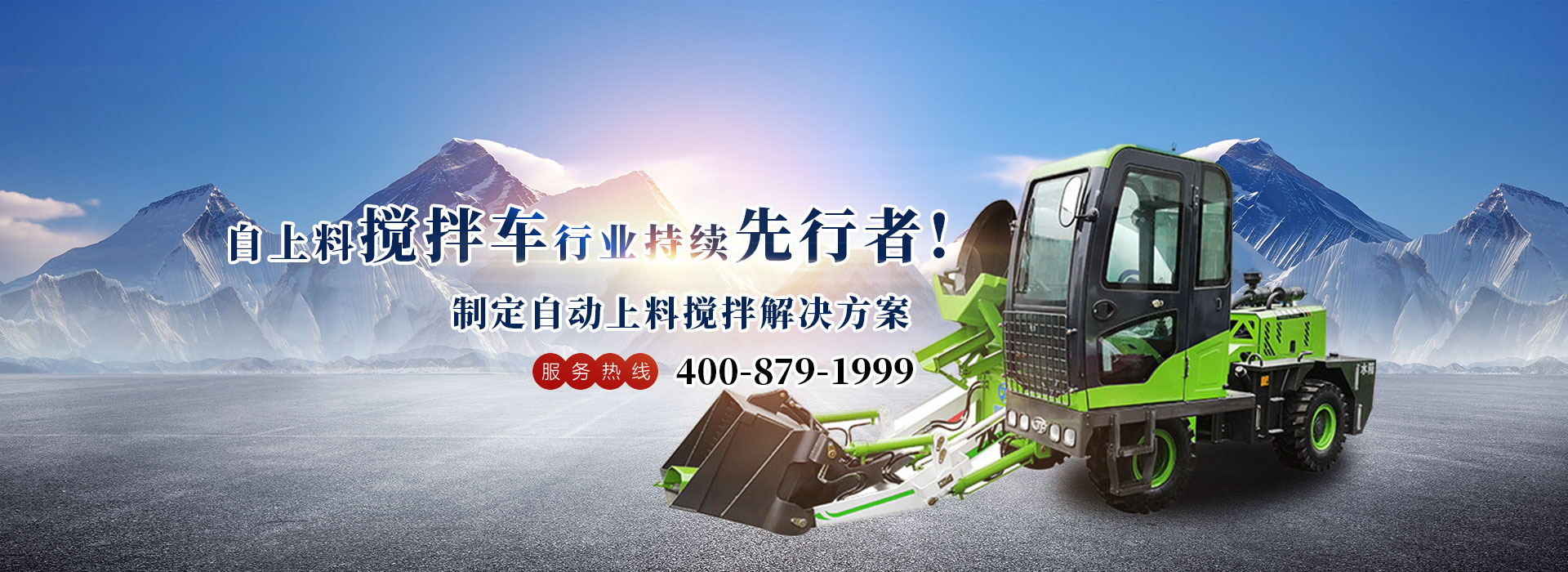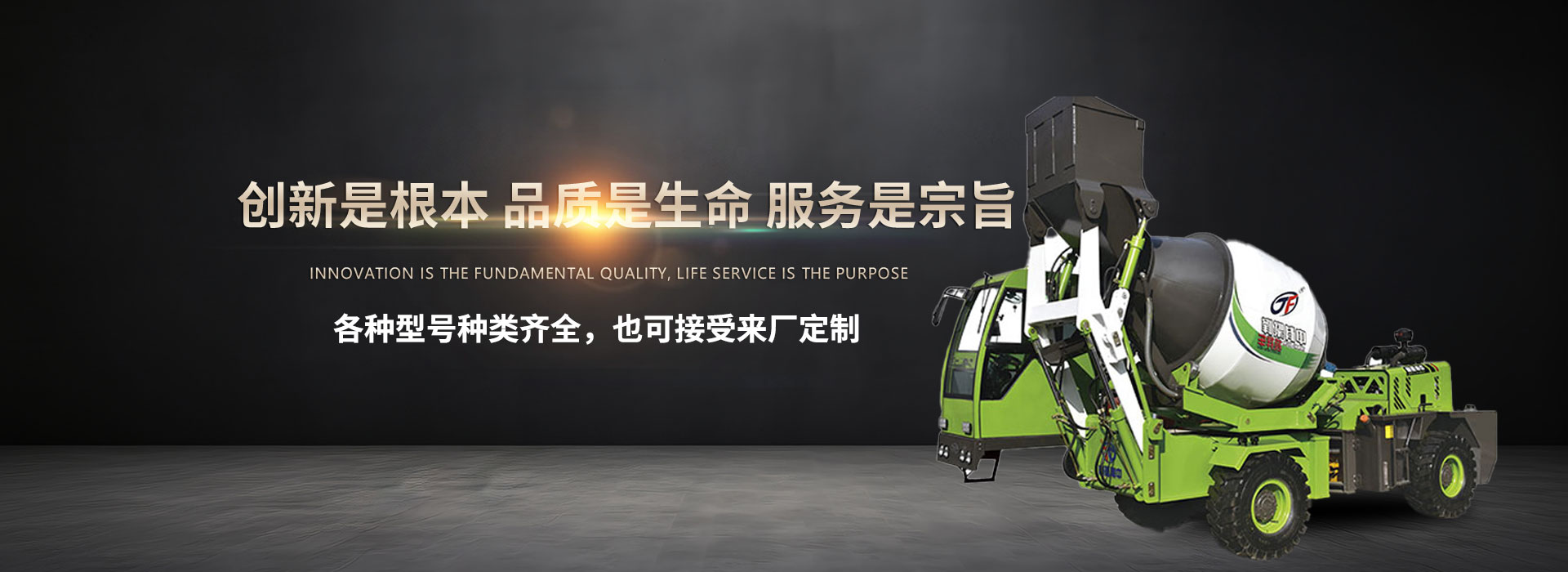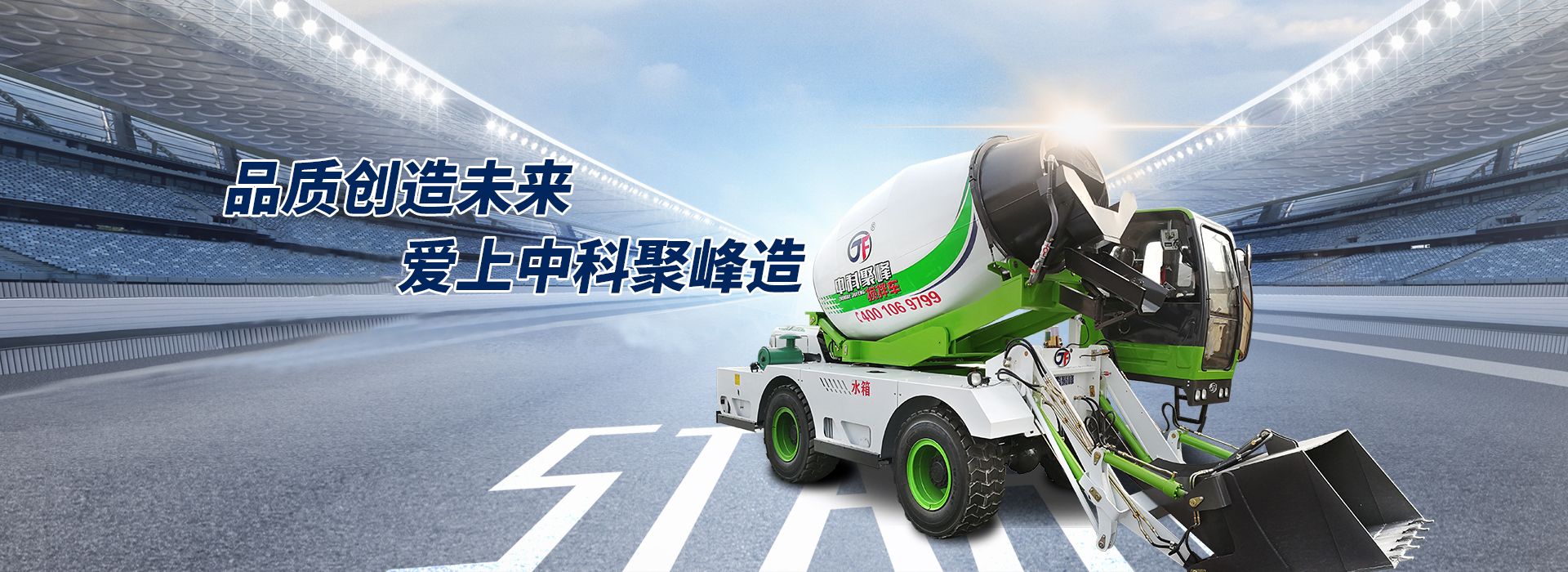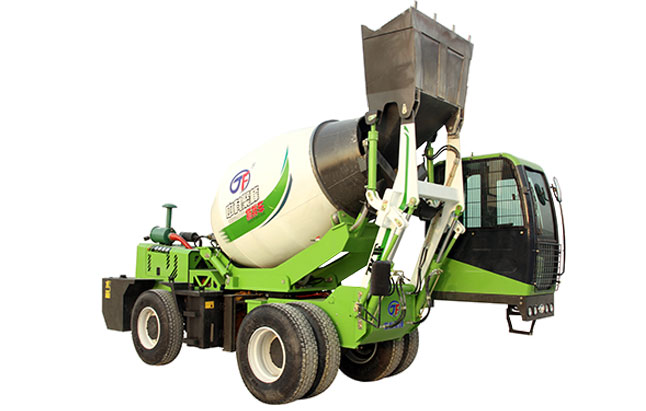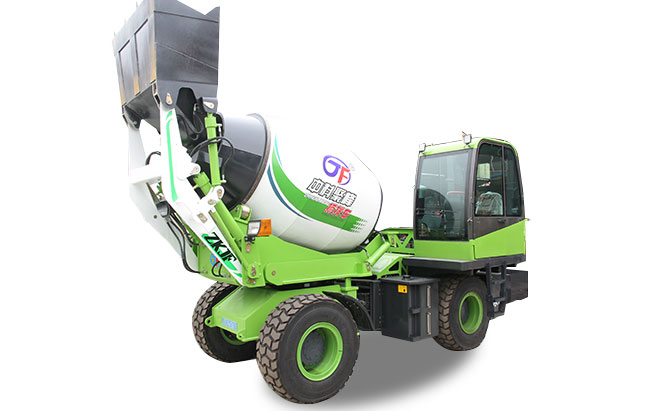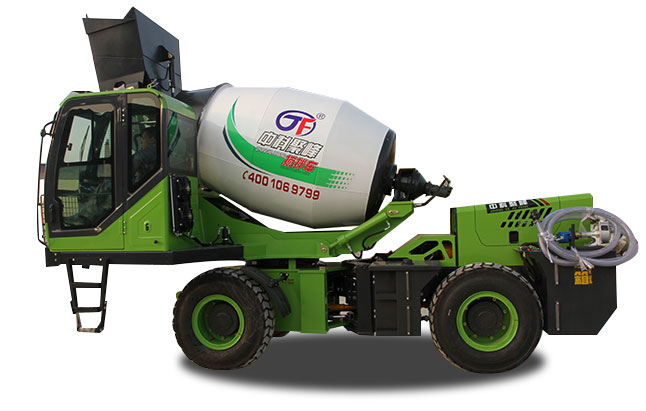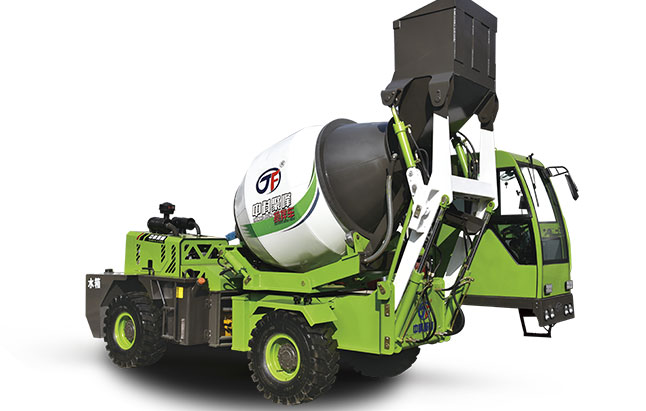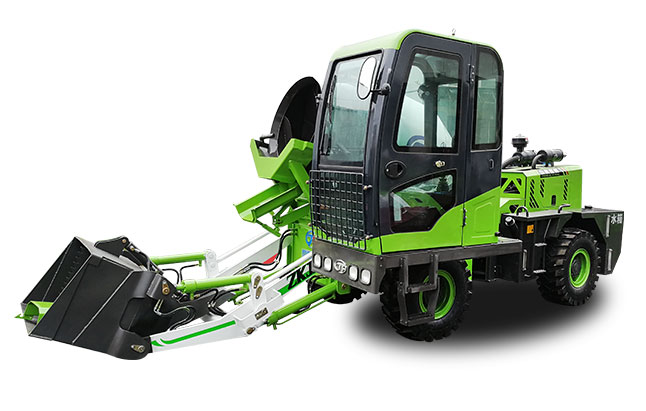攪拌車發(fā)動機(jī)外部清洗的正確打開方式
混凝土攪拌機(jī)不缺發(fā)動機(jī)保養(yǎng),發(fā)動機(jī)維護(hù)還包括發(fā)動機(jī)的外部清潔。你認(rèn)為這就是發(fā)動機(jī)外部清潔的目的嗎?那是個大錯誤。這是正確的方式打開外部清洗混凝土攪拌機(jī)引擎!
The concrete mixer does not lack engine maintenance, which also includes the external cleaning of the engine. Do you think this is the purpose of engine exterior cleaning? That was a big mistake. This is the right way to turn on the external washing concrete mixer engine!
步:用塑料薄膜覆蓋攪拌機(jī)電器,然后用半濕毛巾覆蓋在薄膜的上面,防止高壓水沖入分配器,使攪拌機(jī)難以啟動。
Step 1: cover the mixer with plastic film, and then cover the film with a semi wet towel to prevent high-pressure water from rushing into the distributor, making it difficult to start the mixer.
第二步:用高壓水槍從上到下機(jī)艙內(nèi)外附著的污垢。
Step 2: remove the dirt inside and outside the engine room from top to bottom with a high-pressure water gun.
第三步:將混凝土自上料攪拌車外部清洗劑均勻地噴在浸濕的攪拌車和機(jī)艙周圍。三分鐘后,用纖維刷清潔機(jī)艙內(nèi)所有可觸及的零件。
Step 3: spray the concrete from the external cleaning agent of the loading mixer evenly around the wetted mixer and the engine room. After three minutes, clean all accessible parts in the engine room with a fiber brush.
第四步:使用高壓水槍快速清潔污垢。
Step 4: use a high-pressure water gun to quickly clean dirt.
第五步:將外部清洗劑噴在攪拌車表面,操作步驟同上,直攪拌車表面清洗干凈。
Step 5: spray the external cleaning agent on the surface of the mixer. The operation steps are the same as above until the surface of the mixer is cleaned.
第六步:后用半濕毛巾擦干清洗過的攪拌機(jī)發(fā)動機(jī),用真空吸風(fēng)機(jī)將手難以觸及的地方吹干,然后風(fēng)干。
Step 6: after that, wipe the cleaned mixer engine with a semi wet towel, use a vacuum suction fan to dry the places that are difficult to reach, and then air dry.
第七步:將機(jī)艙內(nèi)的塑料橡膠件用塑料橡膠保護(hù)罩打磨,然后將金屬件涂上。
Step 7: polish the plastic rubber parts in the engine room with the plastic rubber protective cover, and then coat the metal parts.
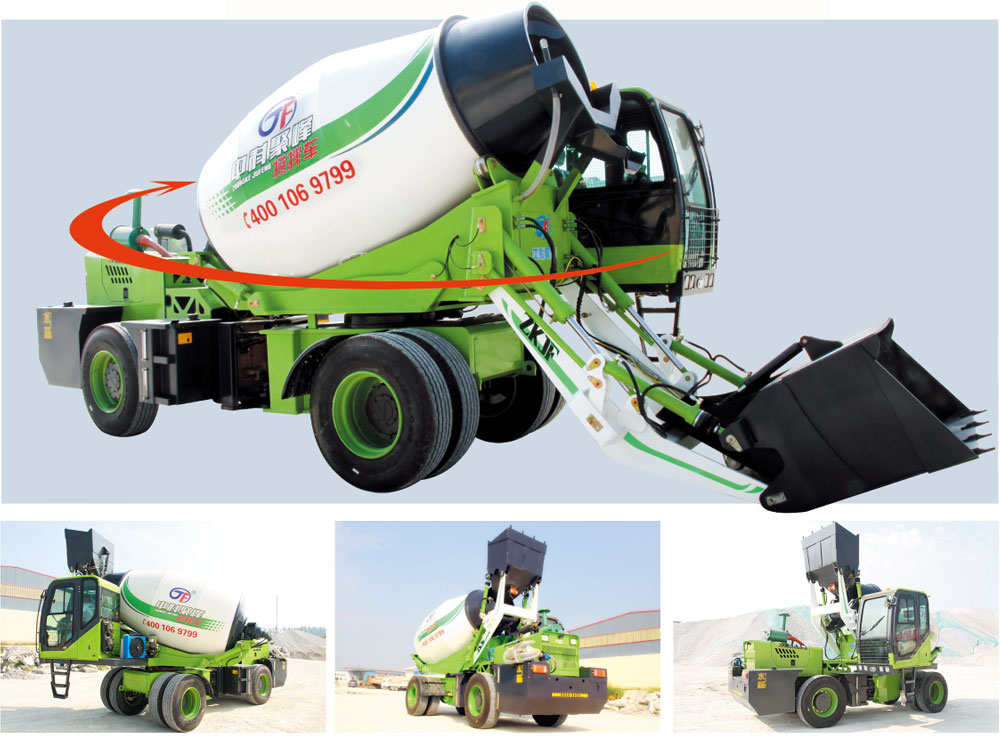

第八步:混凝土自上料攪拌車廠家提醒您,護(hù)理結(jié)束后,后用干凈的無紡布拋光巾對發(fā)動機(jī)和機(jī)艙側(cè)面進(jìn)行檢查。
Step 8: the concrete mixer manufacturer reminds you that after the nursing, the engine and cabin sides should be inspected with clean non-woven polishing towels.
此外日常維護(hù)并不可少,由于混凝土?xí)诙虝r間內(nèi)凝固成硬塊,且對鋼材和油漆有一定的腐蝕性,所以每次使用混凝土貯罐后,洗凈粘附在混凝土貯罐及進(jìn)出料口上的混凝土是每日維護(hù)需認(rèn)真進(jìn)行的工作。其中包括:
In addition, routine maintenance is necessary. Since the concrete will solidify into hard blocks in a short time and have certain corrosivity to steel and paint, cleaning the concrete adhered to the concrete storage tank and the inlet and outlet after each use of the concrete storage tank is a daily maintenance work that needs to be carefully carried out. These include:
每次裝料前用水沖洗進(jìn)料口,使進(jìn)料口在裝料時保持濕潤;在裝料的同時向隨車自帶的清洗用水水箱中注滿水;裝料后沖洗進(jìn)料口,洗凈進(jìn)料口附近殘留的混凝土;到工地卸料后,沖洗出料槽,然后向混凝土貯罐內(nèi)加清洗用水30—40L;在車輛回程時保持混凝土貯罐正向慢速轉(zhuǎn)動;下次裝料前切記放掉混凝土貯罐內(nèi)的污水;每天收工時全部清洗混凝土貯罐及進(jìn)出料口周圍,保證不粘有水泥及混凝土結(jié)塊。
Wash the inlet with water before each loading to keep the inlet moist during loading; Fill the cleaning water tank with water while loading; Wash the inlet after loading, and clean the residual concrete near the inlet; After unloading at the construction site, wash the discharge tank, and then add 30-40l of cleaning water to the concrete storage tank; Keep the concrete storage tank rotating forward and slowly when the vehicle returns; Remember to discharge the sewage in the concrete storage tank before the next loading; Clean the concrete storage tank and the area around the inlet and outlet at the end of each day to ensure that there is no cement or concrete caking.
以上就是今天為大家分享的關(guān)于問題的相關(guān)內(nèi)容,希望對大家能有所幫助,想要了解更多內(nèi)容可以電話聯(lián)系我們或者關(guān)注我們的網(wǎng)站http://m.zvmc.cn。
The above is the relevant content about the problem shared for you today. I hope it can help you. If you want to know more, you can contact us by phone or follow our website http://m.zvmc.cn 。

